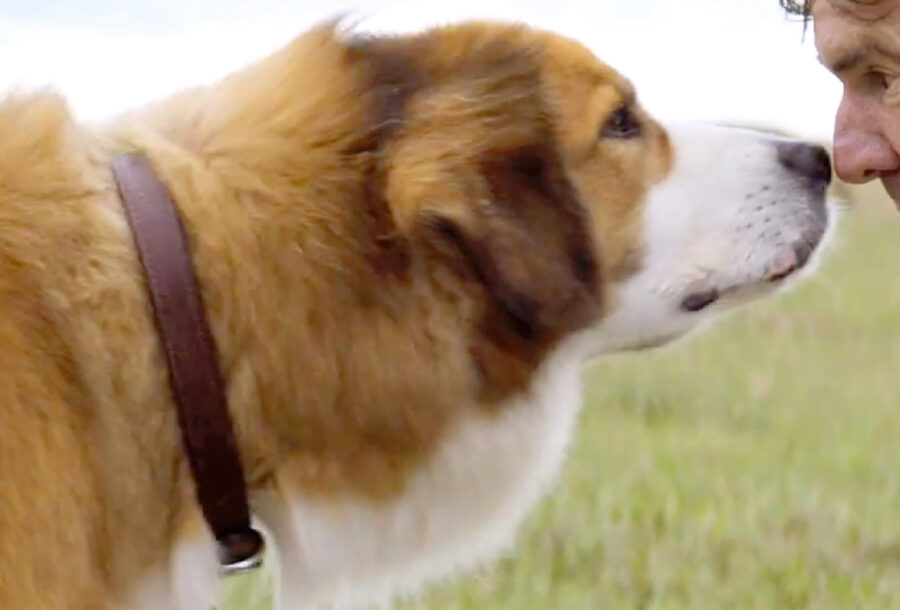COVID-19 And Animals: Monkeys Attack A Lab Assistant And Steal Coronavirus Samples
There is mounting evidence that some animals may be able to contract the Coronavirus from humans.
This article is more than 2 years old
One of the leading theories as to the origins of COVID-19 the novel coronavirus is that it came from humans consuming exotic animals in Wuhan, China wet markets. While that may or may not be true, there has been absolutely no evidence that the Coronavirus can be contracted from animals, particularly by any method other than their consumption. There is, however, mounting evidence that some animals may be able to contract the Coronavirus from humans.
Gang Of Monkeys Attacks A Lab Assistant And Steal COVID-19 Samples
In a story that can only be described as 2020 level bizarre, SkyNews reports that a gang of monkeys attacked a lab assistant and stole COVID-19 blood samples from him.
It happened in Delhi, India at the Meerut Medical College. The monkeys evaded capture and were later spotted chewing on the test collection kits, which contained blood samples from three patients.
The test kits were later recovered and found to be undamaged, but the incident highlights the growing brazenness of wildlife in India. There have been multiple reports from the country of animals taking advantage of streets left empty due to Coronavirus quarantines to run wild.
Monkeys have in essence taken control of the empty streets, streets which now look like this…
And should citizens go outside with food, this is what happens to it…
Experts have warned citizens to avoid the monkeys, out of fear that they could spread the virus to them and cause it to mutate. Also you never know when a group of monkeys might gang up and decide to steal your purse.
Tiger Tests Positive For COVID-19

At the Bronx Zoo a tiger tested positive for COVID-19 according to the New York Daily News. The 4-year-old female Malayan tiger was tested when it began developing respiratory issues and handlers remembered it had happened to come in contact with a staff member who previously tested positive for Coronavirus.
Now two other tigers, Nadia’s sisters, have also begun developing symptoms. They have not as of yet, however, been tested.
It’s unusual for zoo animals to catch these sorts of illnesses. In previous infections like the SARS outbreak, it wasn’t possible for these sorts of diseases to jump to them.
Coronavirus Infecting Dogs And Cats

Recent testing has also demonstrated that the Coronavirus is able to infect dogs and cats. In one case, researchers believe a cat may have caught COVID-19 from its human owner. Again, there’s been no evidence that dogs and cats can transmit the disease TO humans. Only that humans can transmit it to dogs and cats.
In Hong Kong the blood of a 17-year-old Pomeranian was tested, according to MSN News, and found to contain COVID-19 antibodies, proving for certain that it did indeed have the Coronavirus disease. Officials there say they are quarantining pets determined to have the virus, though there has been no evidence yet that dogs can transmit the virus to humans.
Meanwhile in Belgium FPS Public Health reports that a woman there infected her cat with the Coronavirus. The pet started showing similar symptoms to those evidenced by its owner, about a week after she did. “The cat had diarrhoea, kept vomiting and had breathing difficulties. The researchers found the virus in the cat’s faeces,” says professor Steven Van Gucht.
The WHO has now confirmed that dogs and cats can indeed get the Coronavirus. The CDC advises here that pet owners who test positive for the Coronavirus should take caution around their pets to avoid passing the virus on to them. They say, “If you are sick with COVID-19 (either suspected or confirmed), you should restrict contact with pets and other animals, just like you would around other people.”












